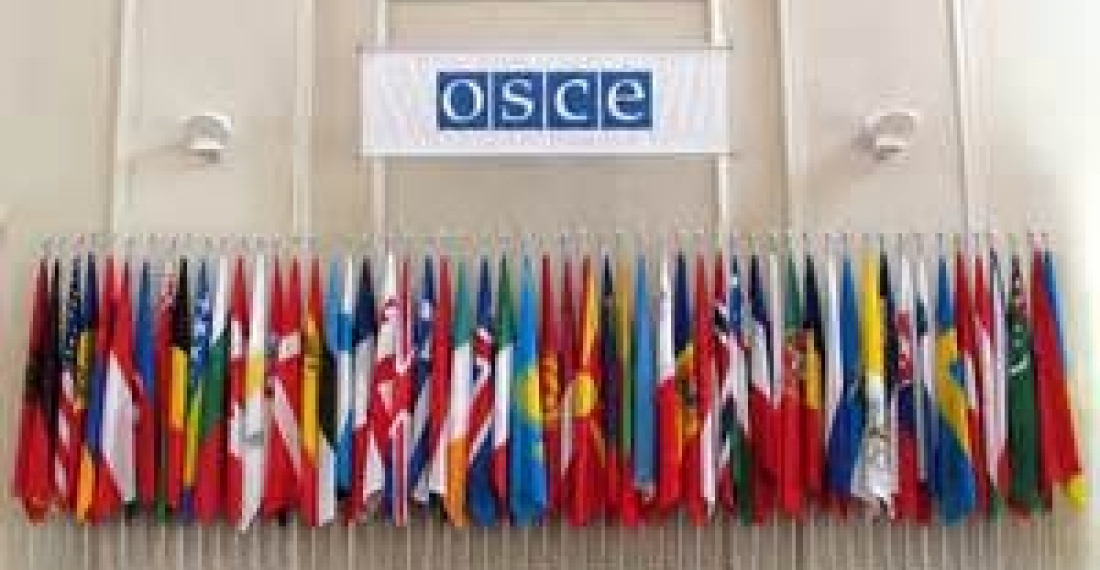The Co-Chairs of the OSCE Minsk Group have issued a statement in which they called for a halt to violence on the line of conatct separating Armenian and Azerbaijani forces. Ambassadors Igor Popov of the Russian Federation, James Warlick of the United States of America, and Pierre Andrieu of France) issued the statem,ent after meeting with Foreign Minister of Azerbaijan Elmar Mammadyarov in Krakow, on Tuesday, 27 January. The Personal Representative of the OSCE Chairperson-in-Office, Ambassador Andrzej Kasprzyk, also participated in the meeting. In their statement the diplomats said, "We expressed to the Minister our serious concern about reported incursions across the Line of Contact and the Armenia-Azerbaijan border, resulting in casualties. The rise in violence that began last year must stop for confidence to be restored and progress to be made in the Nagorno-Karabakh peace process. We called on Azerbaijan to observe its commitments to a peaceful resolution of the conflict. We also call on Armenia to take all measures to reduce tensions. All sides must abide by the terms of the ceasefire agreement. Violence undermines efforts to bring about peace. We discussed with the Minister possible next steps in the peace process, including comprehensive negotiations that can lead to a lasting settlement which would benefit all the people of the region. We reminded the Minister of our mandates and expressed concern about voices critical of the ongoing negotiation process, the role of the Minsk Group Co-Chairs, and the duties of OSCE monitors. We emphasized the importance of measures aimed at avoiding unintended incidents along the Line of Contact and Armenia-Azerbaijan border. We also discussed the implementation at the earliest opportunity of the Presidents' agreement to exchange data on missing persons under the aegis of the ICRC." The Co-Chairs plan to meet with Foreign Minister of Armenia Edward Nalbandian in the near future and then travel to the region. source: commonspace.eu with osce.org
Minsk Group co-Chair: "The violence must stop".
Minsk Group co-Chair: "The violence must stop".







